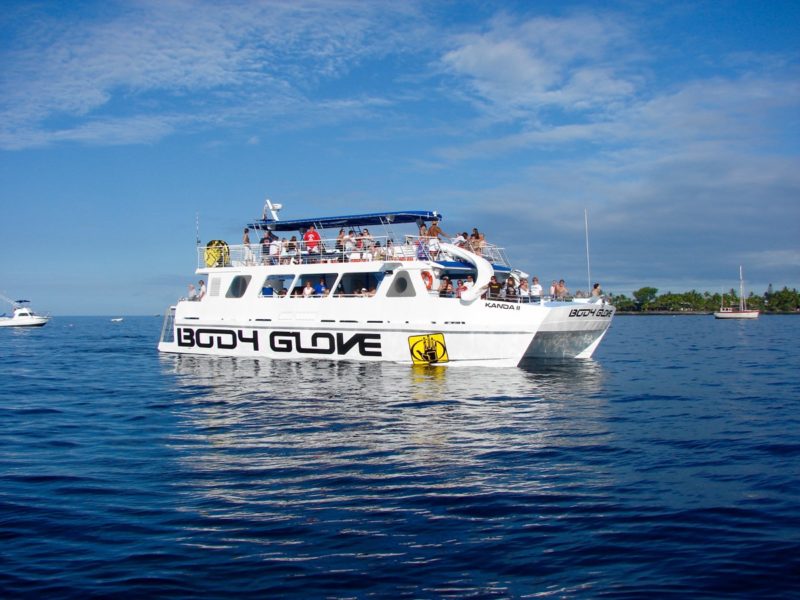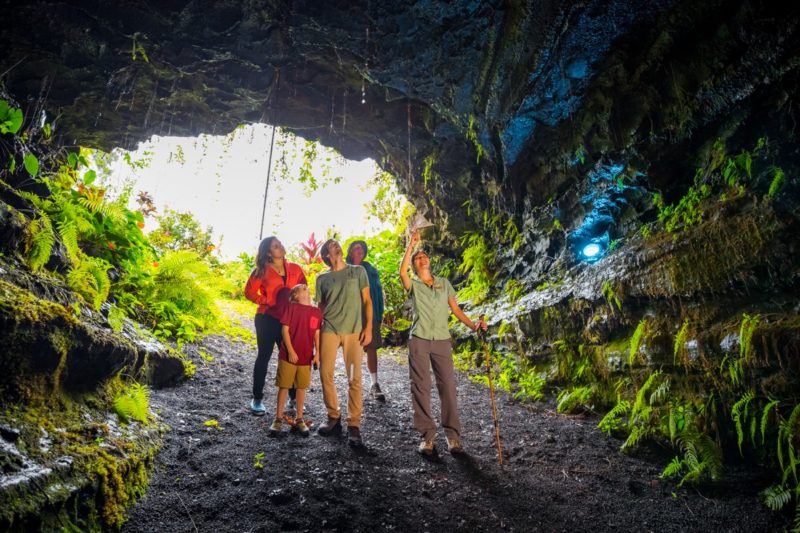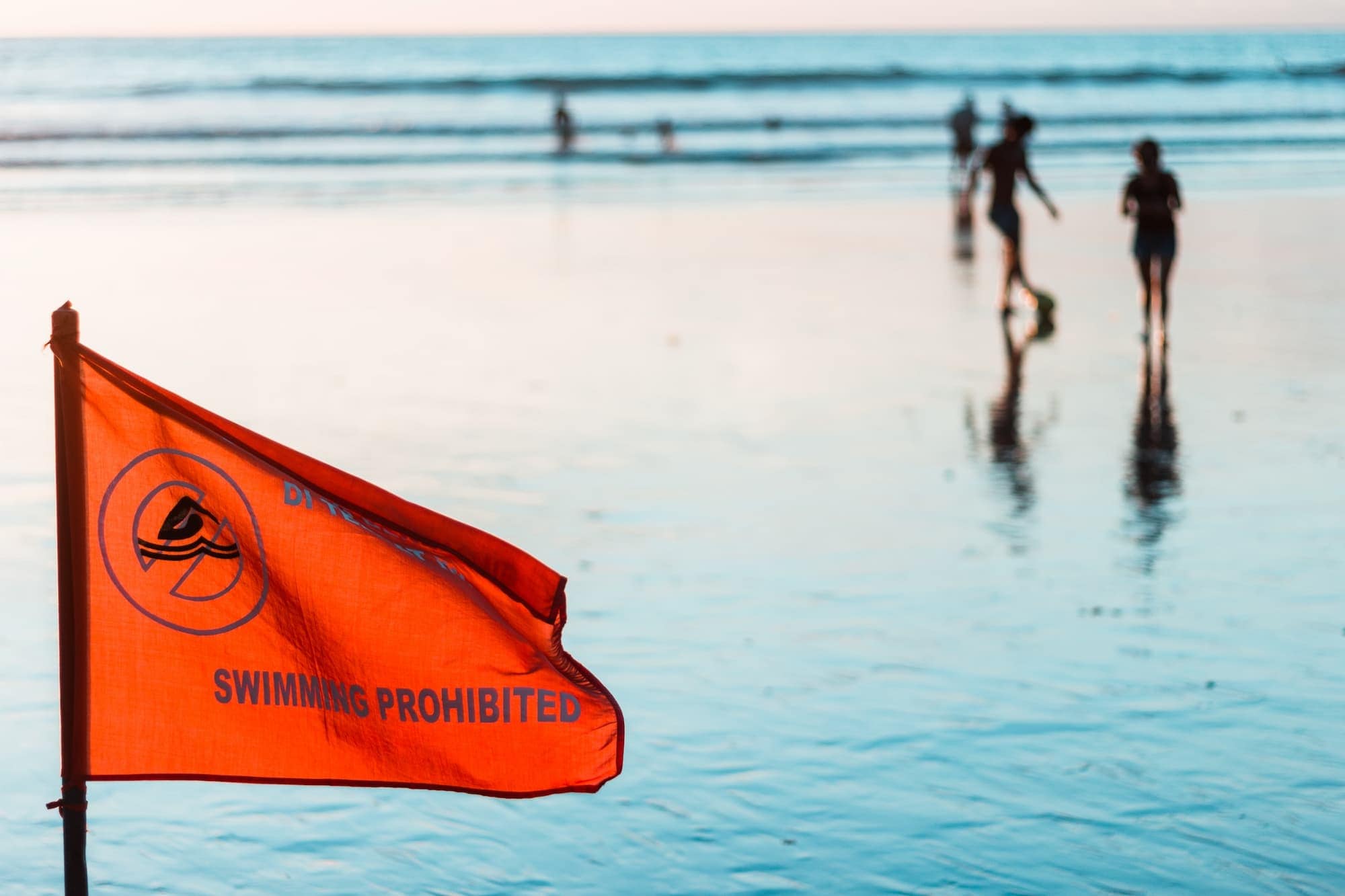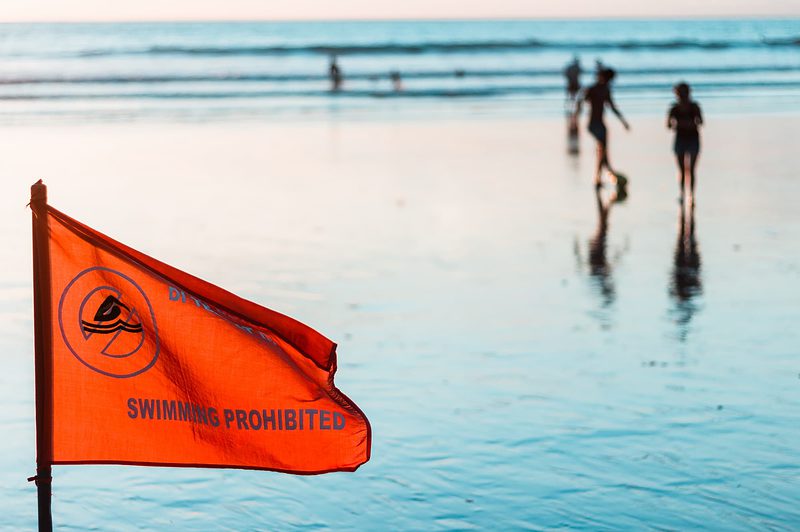If you visit Hawaiʻi, chances are you’ll be mulling over the idea of booking an activity or tour. From scuba diving to stargazing, hiking to whale watching, there are endless tour options available from a myriad of tour companies across the islands. So how do you choose the best company and tour? Which activities are better with a tour operator? What are the top things to consider before booking? How can you tell if a tour is “worth it?”
We recommend a simple review process that enables you to identify your preferences in a tour, understand the value you’ll receive, and vet potential companies for their strength and weaknesses. Listed below are topics of discussion that will help you navigate the field. Please note that while they are listed in a specific order, many of these processes can happen simultaneously, and no strict order needs to be followed.
Table of contents
Table of Contents
- Check online reviews
- Get Personal Recommendations
- Identify Your Preferences
- Know the Red Flags
- Understand the Value
- Is The Company Locally Owned?
- Don’t Overthink It
1: Check Online Reviews
Online reviews are an easy and efficient way to get a general overview of how other people’s experiences have been with a tour operator. In just a few minutes, you can learn not only whether or not previous guests had a good time, but also why they had a good time (or why they had a bad time).
It’s important not to get too attached to one particular review, good or bad, as reviews can often be biased for one reason or another. Rather, the idea is to read many of them and look for common denominators – things you can learn from. If many people comment about a certain thing, you can gain insight from that. Use online reviews to get the “gist” of what other people have thought about the tour and tour company.
It can also be useful to skip the extremes when browsing reviews. Look at the 2 to 4 star reviews for an often more nuanced view and keep in mind that people from other cultures can rate differently. A perfectly fine experience will earn 3 or 4 stars, where 5 stars are reserved for a truly exceptional, once-in-a-lifetime, experience.

Deciding how good a tour is based on its (star) rating by itself is not good enough anymore. Photo by Towfiqu barbhuiya on Unsplash
2: Get Personal Recommendations
If you’re connected to someone in Hawaiʻi, a personal recommendation can go a long way to help you find a great tour. If not, don’t worry – the Internet makes it easy to get personal recommendations even if you don’t know anyone.
Online groups and forums can be a big resource in speaking with other travelers – for example, posting a call for recommendations in a scuba diving forum or a place like Reddit could yield many helpful leads.
Websites you trust are also a great source of information. For example, we curate a small collection of good tours on our website, and Will, one of our writers and an experienced tour guide, gives feedback on your plans and helps build an itinerary for you during a one-on-one trip planning session.

The trip consult a 30-minute call in which Will provides provide excellent, actionable, and specific information about your upcoming trip. Find out more here.
3: Identify Your Preferences
Finding and deciding between the many tour companies is an easier task if you know exactly what you want to get out of the experience. For example, all whale watching tours on Maui go out in the Auʻau Channel; the main difference between the experiences is boat size and amenities. Knowing that you’ll want a meal served on board, or that you prefer to go with a smaller group, can help you narrow down your options quite efficiently.
We suggest making a short list of things that are important to you such as group size, tour length, price, commitment to sustainability, educational component, hotel pickup, equipment (big boat, small boat), etc.

Boat size is an important factor while deciding between different boat tours. See for example the fully equipped and stable catamaran with 2 decks used on most tours by Body Glove (Big Island), which offers a smooth ride but is slower and “less exciting” than boat tours that use inflatable zodiac-style vessels.
4: Know the Red Flags
Red flags come in all shapes and sizes. An example of a big one would be a helicopter company that has had a crash in recent memory, or a whale watching tour accused of harassing whales; A small one would be an online review from someone who thought the food onboard the boat was below average, or someone complaining about an administrative problem they had with the company.
Hawaiʻi usually does a good job self-policing egregious and irresponsible behavior. For example, a whale watching company that does not respect wildlife viewing limits is usually weeded out by the industry, or at the very least called out publicly and pressured to change their ways.
We recommend searching review sites as well as local news for information regarding the company and/or any bad press they have received. If you find big red flags, go with another company. Smaller red flags deserve context and can be forgiven if other benefits outweigh it, especially if the issue is somewhat subjective and not an opinion held by a majority of reviewers.
5: Understand the Value
Why pay for a tour in the first place? After all, tours are expensive in Hawaiʻi, and a guide is not necessary for many activities. Hiking and snorkeling, for example, can be done on your own without the extra cost. And there many other advantages of the do-it-yourself way: More flexible in timing, not in a group with strangers, and a more personalized, amendable itinerary.
But it also assumes that you have the local knowledge and experience to safely pull off these adventures and enjoy them at their best, as well as own all the required gear.
Organized tours offer convenience, guided narration, opportunities to socialize, and access to areas that would otherwise be difficult/impossible, among other perks. Having a hiking guide explain to you the volcanic landscape around you; learning to safely explore a coral reef on a snorkel tour; ATVing across miles and miles of private upcountry ranchland.
In this way, it’s easy to see how tours can add value to your overall experience. But you need to be able to see it and feel it. Tours add value in many ways, but they also have potential drawbacks. Usually, there are both promises and pitfalls: Snorkeling tours often allow you to access sites that would otherwise be very difficult or impossible to reach on your own, but the site may be crowded. Circle Island Tours take away the burden of having to plan a trip around the island, but there may be items on the itinerary that don’t overly excite you.
When evaluating the “worth” of a tour, it’s important to pinpoint where the value is coming from. If you can’t see it, then you might be better off going it alone. Make sure the tour you choose adds value that is important to you.

A good example of the added value of a tour is the “Hidden Crater Hike” because of the access they give to cloudforests, craters, and lava tubes on private lands, and of course their knowledgeable guides. Image credit: Hawaii Forest & Trail
6: Is The Company Locally Owned?
We aren’t saying to steer completely clear of national or international companies, but we always like to give our support to locally-owned companies. If you’re having trouble deciding, perhaps this could be the deciding factor.
7: Don’t Overthink It
No reason to have a nervous breakdown choosing between scuba diving companies. There are many good tour operators in Hawaiʻi and it’s okay to “just pick one” once you’ve gone through all the steps above and vetting out their value. If both options seem legit and worthwhile, flip a coin and relax – you will have fun either way!



